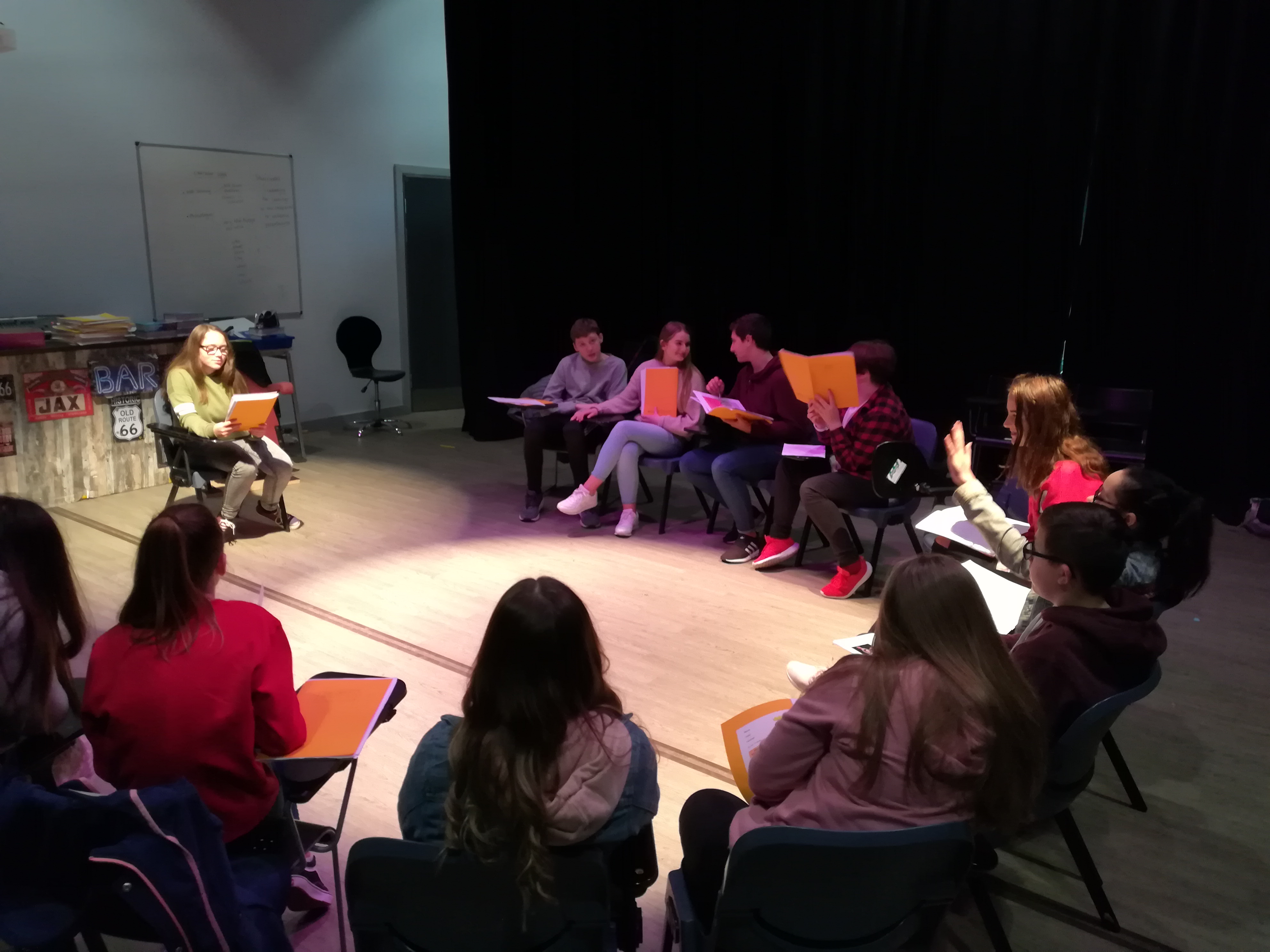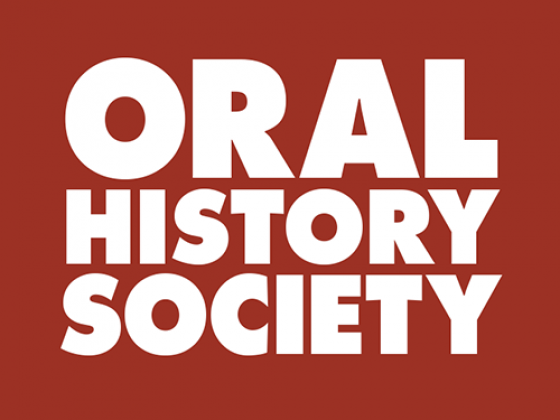What is Oral History?

Oral history is method of historical research through recorded interviews between a narrator with personal experience of historically significant events and a well-informed interviewer, with the goal of adding to the historical record. The advantages of oral history is that testimony is first hand from the people who were there, as narrators talk about their own lives and communities. Oral history interviews are often focused on people previously ignored by historical narratives, such as Women, disabled people, people of colour and the working-class. In this sense, oral history helps to round out history, filling in gaps by including diverse voices.
In the resource packs below, we have put together ideas for how oral history can be incorporated into school teaching for older students. Should you wish to add to the existing subject packs, or suggest new resources or subject areas, you can get in touch with us via email: oralhistory@newcastle.ac.uk.
Using oral histories in schools
Oral history feeds into many aspects of the school curriculum for most age groups. Nationally there is a big cross-curricular push to encourage oracy skills in students of all ages, and so teaching students to question and listen to one another is a valuable transferable skill.
Existing oral history testimony can be used to increase subject knowledge or provide a new type of resource for students to engage with.
The process of gathering new interviews can develop skills in students and links with community groups: however, it is important to consider the challenges of this too. The Oral History Society website has some detail guidance for people wanting to start a new project.
Oral histories can be used in multiple subject areas or as cross-curricular source material. Listening to voices can inspire drama, artwork, creative writing, discussion and debate. Students could be asked to transcribe extracts from the spoken word, before separating the content into fact and opinion, reliable and unreliable, formal and informal etc. The content of oral histories can be cross-referenced with and used in conjunction with photographs, articles and historical research. The voices themselves – accents, dialect, tone, emotion – can be considered by A level linguistic students and KS3 PHSE students alike.
Oral history can be used in almost any subject area, but the content of some subjects lend themselves to its use. Stories from people involved with the North East shipping industry link well to a number of GCSE and A level syllabuses, but could also be useful to students studying KS3 or KS2.
You can browse the oral histories on this site, explore the links to other archives, or look at the subject specific education packs for inspiration.
-
Resources for History Teachers
-
Resources for Drama Teachers
-
Resources for English Teachers
-
Resources for Geography Teachers

Oral History Society — Beginners Advice
(External link)
Recording oral history is a rich and rewarding experience, but there are many things to be borne in mind. Interviewing is a skill that has to be learnt. Choosing recording media is as much about its ability to last as about finding the best quality. When asking people to talk about their lives in their own words, there are copyright and data protection issues to think about.
But don’t worry. The Oral History Society has distilled years of experience into these advice pages, to answer your questions and start you on your way.
Explore the Past with Us
If you have found the resources on this website useful for teaching, the Newcastle University "Explore the Past with Us" may be of interest.